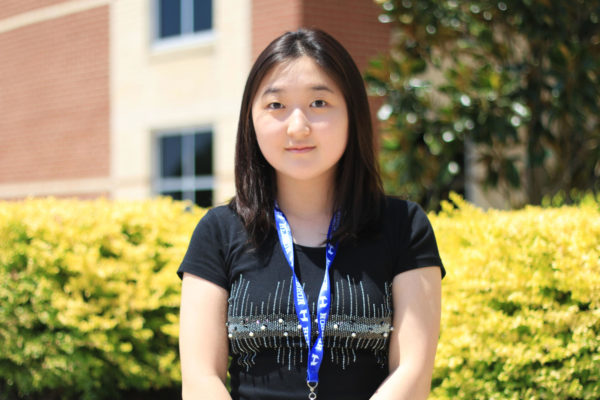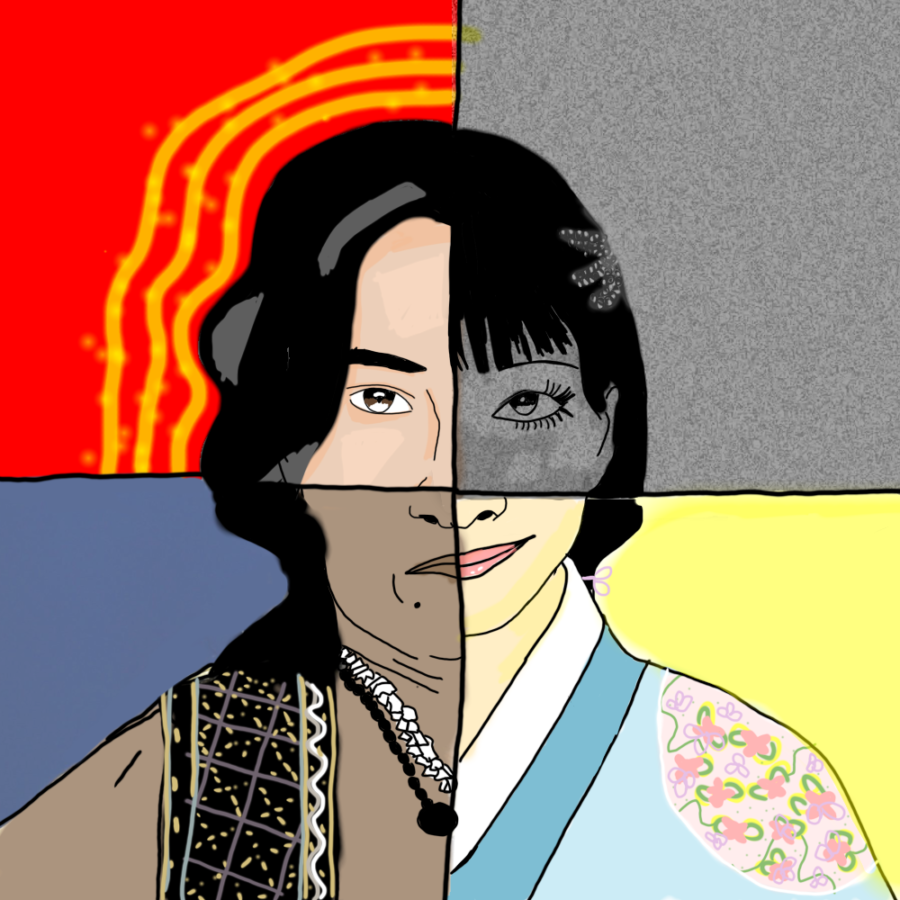Opinion: Asian American recognition is imperative for racial progression
My parents always told me that one of the most important parts of my Korean heritage is having jung. Jung doesn’t have a direct translation in English, but the closest one is “love and affection between a group of people.” For me, jung means culture and the responsibility of all of us to care for others, remembering that there is a common thread among all of us — strangers or not. That’s why the connection that my culture gives me is so special.
I often think of my childhood, swathed with different smells of Korean bean curd soup, the sounds of 90’s K-pop music and the feel of our traditional dress, the hanbok, against my arms on New Year’s. Heritage is a vital part of people and family, as every racial group shares traditions and traits with the people similar to them.
However, in America, racial oppression has been prevalent since the dawn of our country’s existence. The reason we have racial recognition months, such as Asian American month, is to uphold racial recognition and bring to light the adversity Asian people went through in order to further emphasize the impact of these diverse groups on American history.
The start of recognition is through media and representation on the screen. This spring, the Oscars gave the “Best Actress” award to Mitchell Yeoh, a Malaysian actress who starred in the film “Everything, Everywhere, All at Once.” Her win gave me undeniable pride in the success of Asian people in the media, and even reminded me of the first Asian Hollywood actress, Wong Liu Tsong, who starred in movies that broadcasted harmful stereotypes. Despite Tsong’s hard work and her prevalence in old American films, she was pushed out of Hollywood due to racial discrimination. It was a wonder to see how far we’ve come.
These two women were in very different movies during very different times, but there is no denying they both set a precedent for Asian representation in media and opened the doors for others to follow in the future. Prejudice disappears, little by little, with each public figure protesting against untrue stereotypes, and progress is made through the doors of opportunity. Celebrating these Asian American impacts is significant in spreading a rhetoric of acceptance.
Asian Americans have also made waves in politics, the medical industry and started various cultural movements in America. The entrance of Asian immigrants in looking for a better life for their children brought an onslaught of new workers and intellectuals. All of this weaves Asian Americans into the fabric of America and its history.
There is often internal warfare between Asian countries and inside our community. It could be civil wars in countries such as Korea or Vietnam, the dark ages of imperialism that laid ruin through so many lives or even the self blaming for issues among those in America. Asian Americans should pursue a new goal to unite our cultures and share our experiences as Asian people.
In 1990, President George H. W. Bush signed a bill to make the month of May dedicated to the tribulations and achievements of Asian Americans. It was a momentous occasion, a huge step for the Asian American community, as it provided recognition for our collective footprint on our country. But, rather than it being a win for one race, it was a win for humanity, a step toward bringing to light all of our adversity and becoming a more progressed society.

Senior Juliana Mun is the opinion editor and this is her second year on staff. In her free time, she enjoys writing long stories, traveling and going out...



